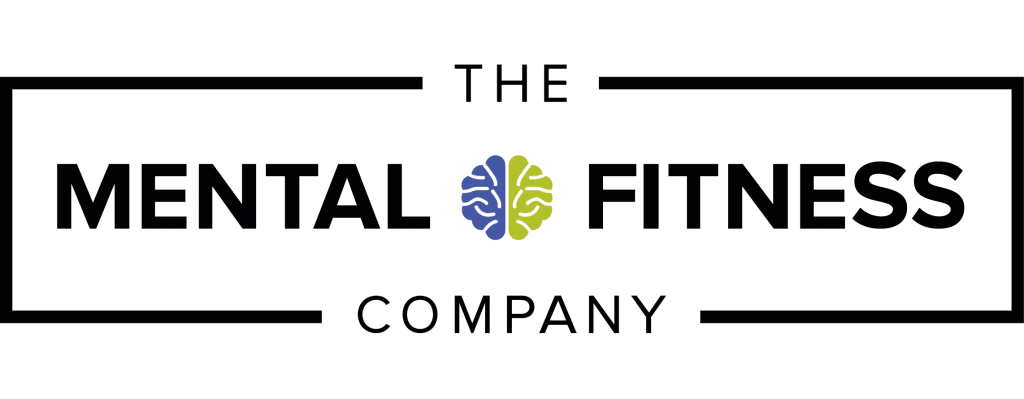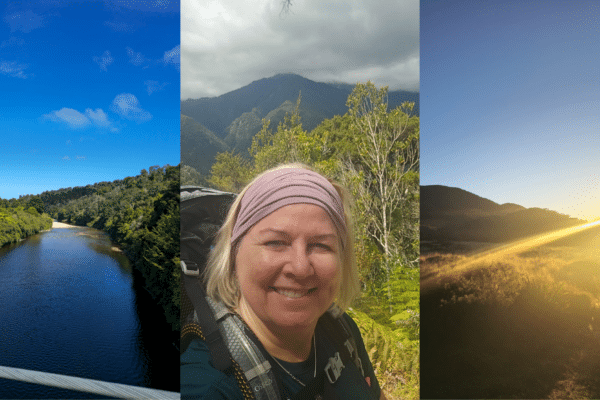Are you OK?
Three little words that have more power than we believe. Three little words we don’t ask often enough, or on the other side that we don’t answer honestly enough.
These 3 words can show that we care, that we are reaching out because we are concerned and these 3 little words can change someone’s life. Not just now but at any time it’s important for us to be comfortable asking his question or just being OK to check in on someone.
The first step is to keep an eye out for our friends, family members, and workmates that we see regularly – and notice if they’re not acting like themselves. It can be hard for us to recognise personal struggles in other people – those who look “fine” could really be struggling inside, some wanting help but not sure how to ask for it or open that line of communication.
When people are not doing so well, one of the early warning signs is that they tend to disconnect, pull away, keep away from people, avoid people. So just being able to ask that question, ‘are you OK?’, actually inspires and encourages connectedness.
The question becomes difficult to ask when someone is hurting and they will often defensively or angrily, or try to evade the question completely. However these are the people that need to talk the most, that want to connect but are held back by fear, fear of being judged or fear of addressing their emotions. We must all remember that we all have the same basic human needs of being heard, connecting with others, and feeling unconditionally loved.
We know that connection is a key factor to people staying mentally healthy. So if people feel as if they are connected in relationships and people care about them, being able to step into a meaningful conversation is important and can potentially change the direction of someone’s life.
It’s Not Prying to Ask Someone If They’re Okay
Asking someone about how they are is not being ‘nosy’ or interfering; it’s a sign of genuine care.
Often we are told not to use closed questions where the answer can be yes, no, fine! Because, then where do you go? “Are you OK?” can be a harder question to ask and answer. It creates a certain vulnerability which some people aren’t willing to address and they instantly go into their strong state to avoid admitting any weakness. But it’s what comes after the question Are you Ok? that can be the game changer. Examples can be – are you really ok? I’ve noticed a change and wanted to check in, you haven’t been yourself lately. They entice the person to share because you are offering further connection.
The key to showing you care is:
ASK – in a non threatening or invasive way. Ensure it’s in a private space not in the middle of an office meeting or full lunchroom. Use the techniques described above if the quick answer is I’m fine! Enquire gently but back off if the person is not forthcoming. But always let them know you are there to talk if they need to.
LISTEN – I mean, really listen! Suspend all judgment. Don’t be thinking what you will say next. Make eye contact and let them know that you are really there for them. Let them speak without interrupting. Avoid giving advice or telling them what they should or should not do. Don’t minimise what they are saying eg it’ll sort itself out, it’ll be OK. Show them you genuinely care. Take their feelings seriously. Say things like, “What would help to take the pressure off you? How can I/we support you? What do you need right now to help the situation?”
Paraphrasing is a useful skill in that it ensures you understand what the person is telling you…..
So, what you’re saying is you are under massive pressure to meet deadlines at work and it’s causing you anxiety attacks, and you’re feeling extremely stressed and exhausted?
OFFER SUPPORT – Ask questions like what would help take the pressure off you? How can I support you? What do you need right now? If they have been feeling really down for a few weeks, encourage them to seek professional help.
CHECK IN – Remember to follow up – keep checking in!
Although brief it is so important for us to be brave and vulnerable to have these conversations. People on the whole aren’t comfortable having courageous conversations because we are afraid of not knowing what to say or afraid of getting an answer we don’t know what to do with next.
It’s so important not to bury our heads in the sand and think they will be fine. If they are totally fine then nothing is lost, but if there is something wrong there is a lot to gain.
One conversation could support someone struggling or it might just save a life.
Remember key support lines are available at https://www.mentalhealth.org.nz/get-help/in-crisis/helplines/
Let’s get in touch and work together to make the change impactful, or you can visit our website to find out more!






